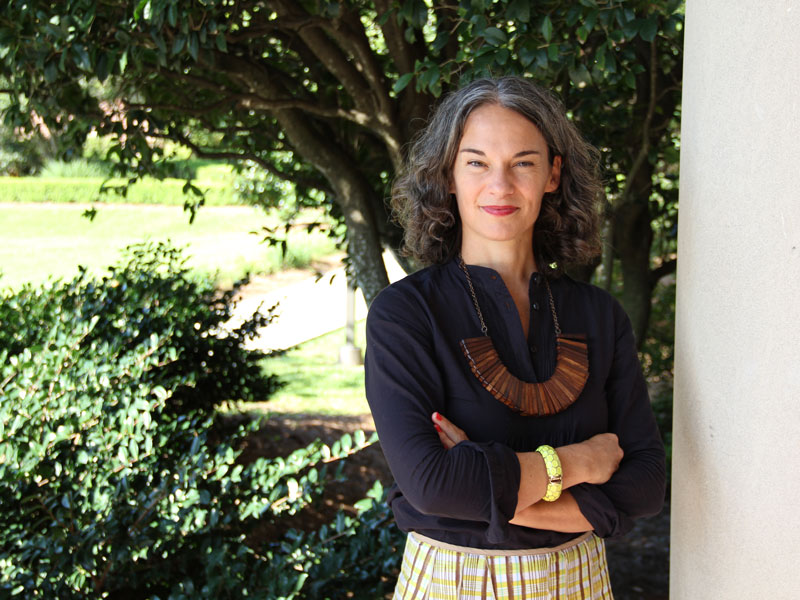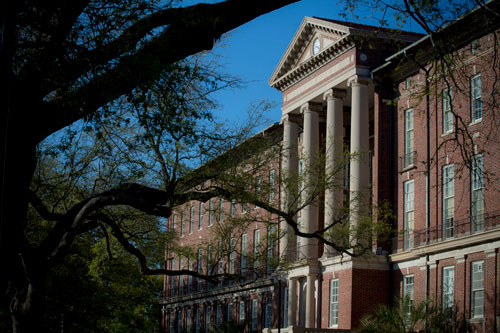
Students come to Tulane from all over the world, curious about New Orleans and eager to engage with the city that some will eventually call home. For those who wish to study this place, the Musical Cultures of the Gulf South coordinate major is an alluring option. Through this unique and interdisciplinary program, Tulane undergraduates learn about the bioregion that stretches from Texas to Florida, and the creators of jazz, blues, zydeco, Cajun, brass-band, and bounce music who have responded to this place—so heavily influenced by Africa, Europe, the Caribbean, and Latin-America—and all its glorious social, political, and environmental complexity.
Tulane has a renowned and growing cadre of Gulf South scholars, invaluable holdings to explore, and the city itself, yet this regional studies coordinate major is relatively new. The major was born from a grant from the Music Rising Foundation, led by legendary producer Bob Ezrin and The Edge of U2, to the New Orleans Center for the Gulf South. The curriculum was designed and proposed through collaboration amongst School of Liberal Arts Dean Carole Haber, New Orleans Center for the Gulf South leadership, and Gulf South faculty scholars. The major has received considerable student interest since 2013.
Majors are required to take 3 core courses: Introduction to Musical Cultures of the Gulf South (MCGS 2000), Music of New Orleans (MUSC 1900), and Ethnography of Performance and Identity in New Orleans and French Louisiana (ANTH 3395), and to choose electives from the departments of anthropology communications, dance, English, history, music, and urban geography. (To peruse online versions of a sampling of these courses, visit the LEARN section of the Music Rising at Tulane website.) Students also may petition for credit for courses from other disciplines, such as economics or earth and environmental sciences, which focus on Gulf South-related content. Many of the courses have service-learning components, allowing students to engage with fellow New Orleanians in transformative ways.
Through the major, students utilize methodologies and integrate understandings from these various disciplines. Over time, they’re able to consider this city- and land-scape within the context of its past, its present—including coastal erosion and climate change and ongoing human and civil rights and feminist movements, and its future: what world are we trying to build together?
As with all programming facilitated by the New Orleans Center for the Gulf South, the program’s primary goal is to cultivate care and understanding of one another and this place. The more we understand where we are, the more we can participate in our democracy, shaping the places in which we live.
This coordinate major is offered under the auspices of the New Orleans Center for the Gulf South. Please contact MCGS program director Rebecca Snedeker with questions at (504)314-2889.

